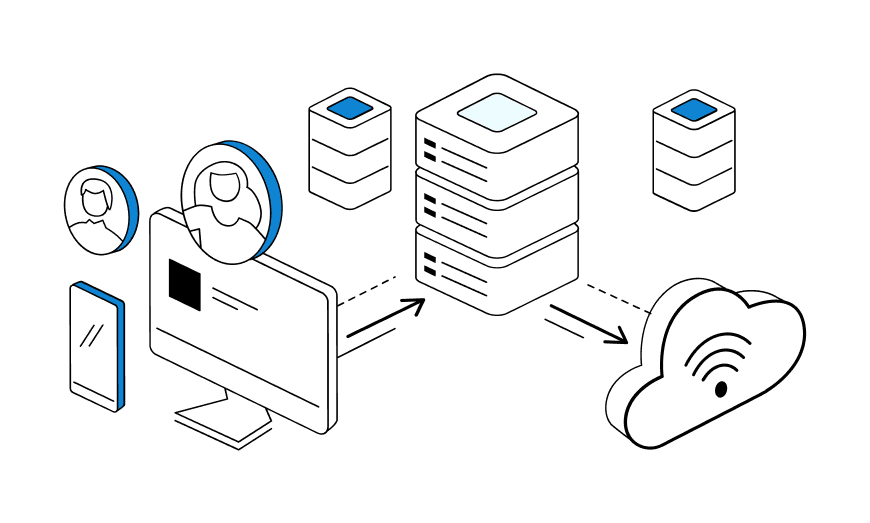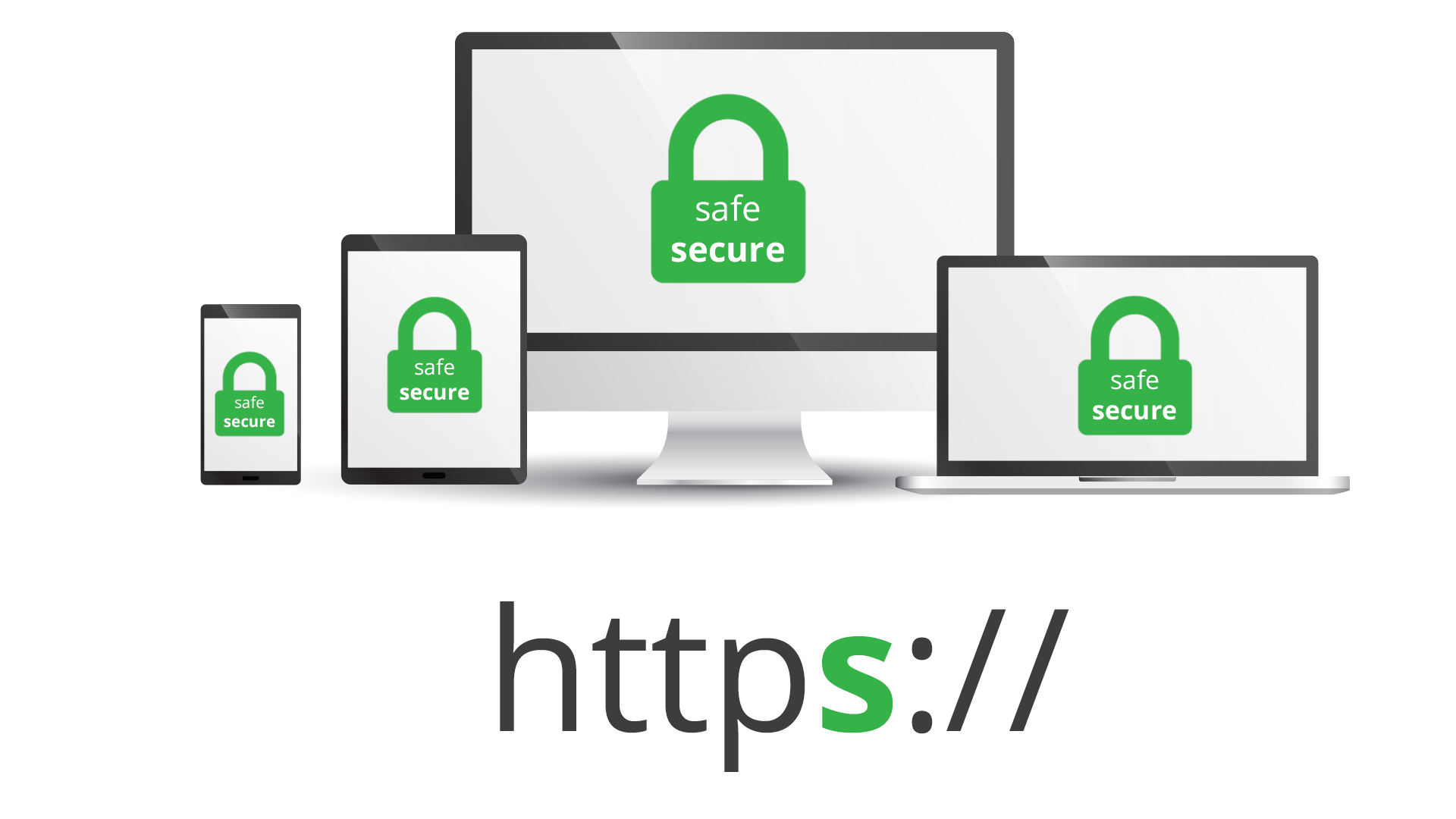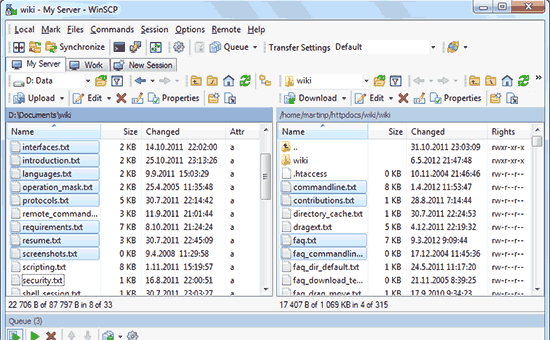
Apache is an open-source web server used by millions of sites around the globe. It's a popular, open-source cross-platform web server.
It is simple to use and has many configuration options, but there are also some disadvantages. It is not as fast and can have performance problems when dealing with high traffic.
Nginx or LiteSpeed is often the better choice for a website with high traffic when it comes to scalability. Nginx is equipped with a variety of features to help it deal with spikes in traffic.
The best thing is that it's compatible with cPanel Plesk DirectAdmin and most other modern web-management software. It's compatible across a range of web frameworks and programming languages.

Apache is an open-source web server, which means that it's actively supported by the Apache Software Foundation. Many of the largest companies in the world use Apache, including Cisco and IBM.
Apache can be installed on Linux-based systems like Red Hat, Fedora and CentOs via the Package Manager. The process involves converting a source tarball to an rpm. This is a quick and easy way to install Apache in any Linux-based computer.
For Windows users, Apache is installed through the Programs and Services (Start) menu. The installation process is very similar to that of the Unix version, but with a few minor differences.
After installation is completed, edit a few configuration files. These files are located in the conf subdirectory of the installation directory.
The web server can be configured to listen on a different port if it is to be used with a network router or if the web site should only be accessible via your local computer. The default port is 80, and you can set a different one by changing the ipconfig command.

After the changes have been made, you can test your setup to ensure it's working correctly. To check whether you have configured your server correctly, use either the command a2ensite (or nslookup).
Also, make sure you use the correct filenames. The path names in the conf-files must be correct. Backslashes can lead you to errors. In the same way, make sure that all folders configured in the configuration file have the read, traverse and list permissions.
You can change the security level of your webserver by changing the server signature in the configuration file. This option controls the display of Apache's version and operating system name in error messages.
Change this option to help protect your servers from security breaches. By avoiding this information, you can make it more difficult for hackers to identify your server and its operating system.
FAQ
Do I require technical skills to design or build my website?
No. You only need to have a basic understanding of HTML/CSS. There are many tutorials available online that can teach both HTML or CSS.
How much do web developers make?
A website is a project you can work on for your own money. You'll likely make $60-$80 an hr. You can charge more if you're an independent contractor. An hourly rate of $150-200 could be possible.
What is the cost of building a website?
It depends on what your website is used for. Google Sites might be free if your website is limited to information about you or your company.
You will likely need to spend more if you want to attract people to your site.
The most popular solution is to use a Content Management System (like WordPress). These programs can be used to build a website quickly and easily without having to know any programming. These sites are hosted by third-party companies so you don't have to worry about being hacked.
Another way to build a website is to use a service called Squarespace. They offer a variety of plans ranging from $5 per month to $100 per month, depending on what you want to include on your site.
Which platform is best for designing a website?
WordPress is the best platform when it comes to designing websites. It provides all the features you need to create a professional-looking site.
It is easy to customize and install themes. You can pick from thousands of free themes that are available online.
Plugins can be used to enhance functionality. These plugins enable you to add social media buttons and forms to your contact pages.
WordPress is easy to use. You don't have to know HTML code to change your theme files. You just need to click on the icon and choose what you want to modify.
There are many options, but WordPress is the best. Millions of people use it every day.
Do I choose WordPress or a web builder?
It is best to start small in order to establish a web presence. If you have all the resources and time, then build a website. If you don't have the resources to build a full-fledged site, a blog may be the best choice. As you learn how websites are designed and developed, you can always add more features.
But before you build your first website, you should set up a primary domain name. This will give you something to point to when you publish content.
What is a responsive web design?
Responsive Web Design is a method of designing responsive websites. It allows content to display on all devices (desktop computers, tablets and smartphones), so that it can be viewed easily on any device. This allows users the ability to view a website simultaneously on different devices and still have access to other features like navigation menus, buttons, and so forth. RWD is designed to ensure that a user can view a site on any size screen.
Consider, for instance, that you're building a website for an eCommerce company and your products are sold primarily online. It is important to ensure that your website can be accessed on any device, including a smartphone.
A responsive website will adapt its layout to suit the device it is being viewed on. Your laptop will view the website exactly as a normal desktop site. The page will look completely different if it's viewed on your smartphone.
This means that you can create a single website that looks great on every type of device.
Statistics
- Did you know videos can boost organic search traffic to your website by 157%? (wix.com)
- It enables you to sell your music directly on your website and keep 100% of the profits. (wix.com)
- It's estimated that chatbots could reduce this by 30%. Gone are the days when chatbots were mere gimmicks – now, they're becoming ever more essential to customer-facing services. (websitebuilderexpert.com)
- At this point, it's important to note that just because a web trend is current, it doesn't mean it's necessarily right for you.48% of people cite design as the most important factor of a website, (websitebuilderexpert.com)
- It's estimated that in 2022, over 2.14 billion people will purchase goods and services online. (wix.com)
External Links
How To
What is website hosting?
Website hosting describes where visitors go when they visit a site. There are two types.
-
The cheapest option is shared hosting. Your website files reside in a server managed by another company. Customers visiting your website send their queries over the Internet, to that server. The owner of the server then hands off the request to you.
-
Dedicated hosting – This is the most expensive option. Your website resides entirely on one server. Your traffic is private because no other websites have shared space on this server.
Most businesses choose shared hosting because it's less expensive than dedicated hosting. With shared hosting, the company that owns the server provides the resources needed to run your website.
Both options have their pros and cons. These are the key differences between them.
The pros of shared hosting:
-
Lower Cost
-
It's easy to set up
-
Regular Updates
-
It can Be Found On Many Web Hosting Companies
Shared hosting is often as cheap as $10 per month. However, this price typically includes bandwidth. Bandwidth refers the data that you can transfer over the Internet. You may have to pay extra for large amounts of data, even if your blog only contains photos.
You will quickly see why you paid so much for your former host once you have started. The majority of shared hosts offer limited customer support. Although they will help you set up your site occasionally, you are on your own once you have done that.
A provider with 24-hour telephone support is a good choice. They will attend to any issues you have while you sleep.
Cons of dedicated hosting
-
More Expensive
-
Less Common
-
Requires special skills
With dedicated hosting, you get everything you need to run your website. You won't have to worry about whether you're using enough bandwidth or whether you've got enough RAM (random access memory).
This means that you'll spend a bit more upfront. However, once you start running your business online, you'll find that you won't need much technical assistance. You'll soon be an expert at managing servers.
So Which Is Better For My Business?
The answer depends on what kind of website you want to create. If you are selling products, shared hosting may be the best option. It's very easy to setup and maintain. You'll probably receive frequent updates because you are sharing a server hosting many other sites.
However, dedicated hosting can be a great option if you're looking to build a community around the brand. Instead of worrying about traffic, you can concentrate on building your brand.
Bluehost.com has both. Bluehost.com provides unlimited monthly data transfer, 24/7 support, free domain registration and a 30-day money back guarantee.